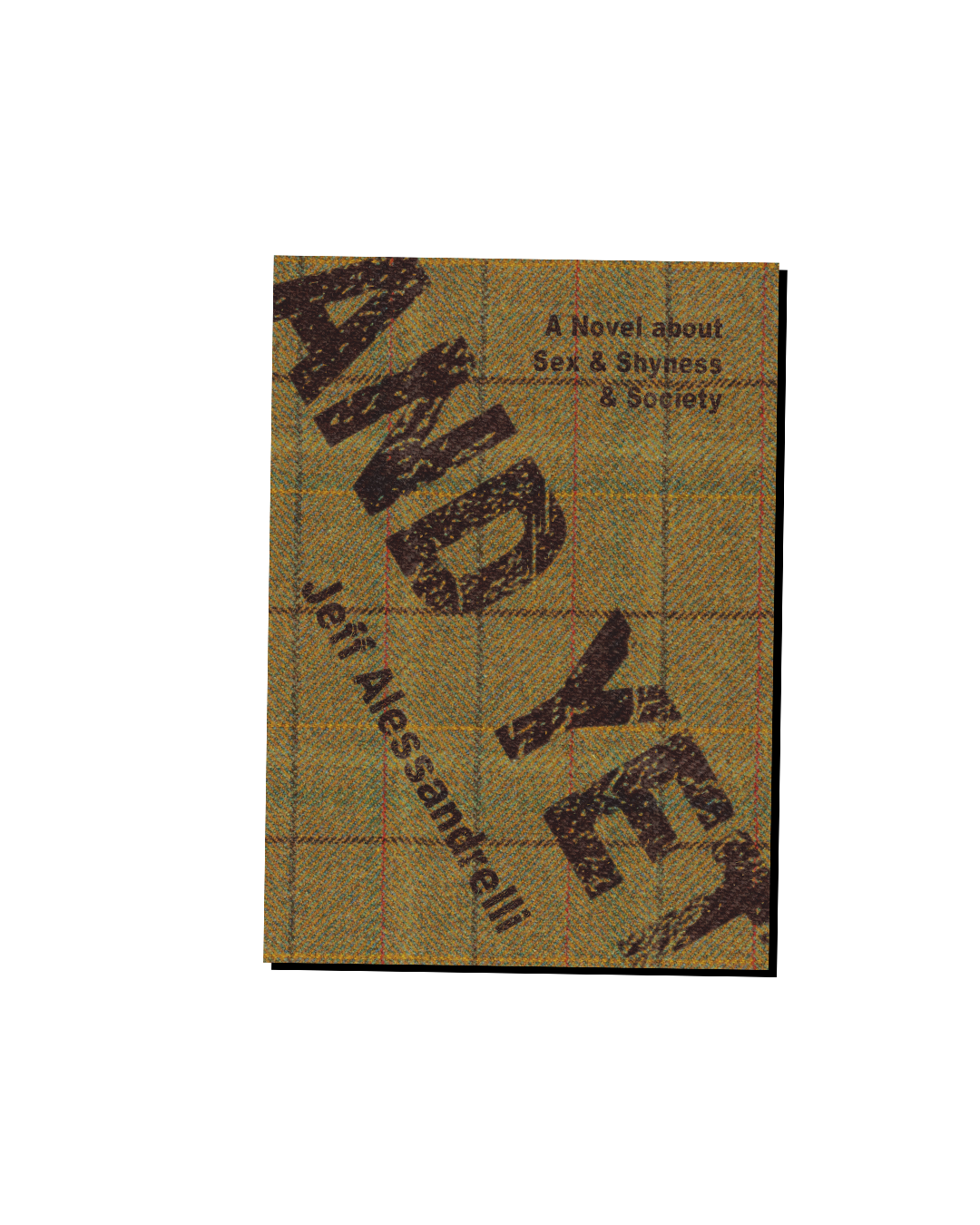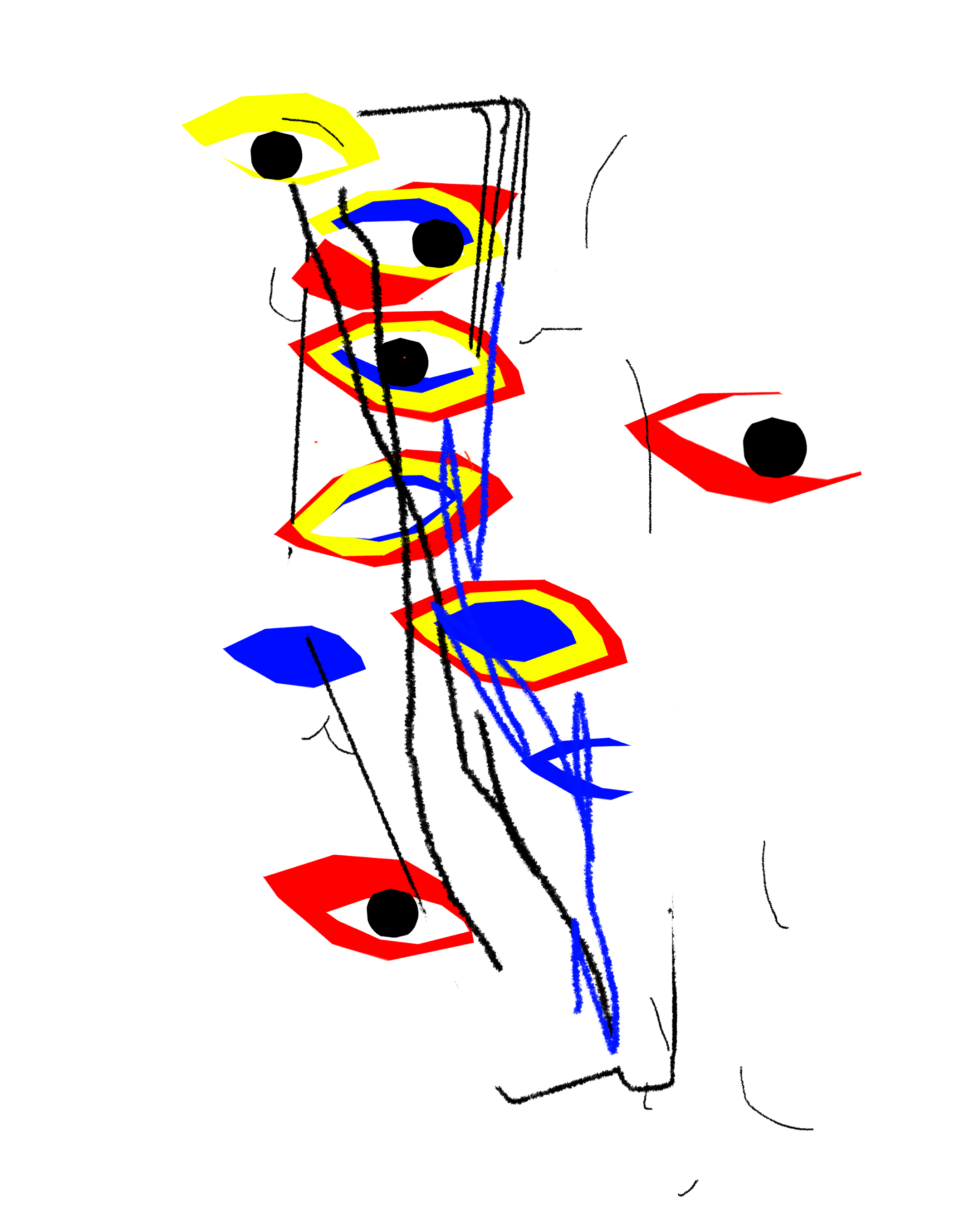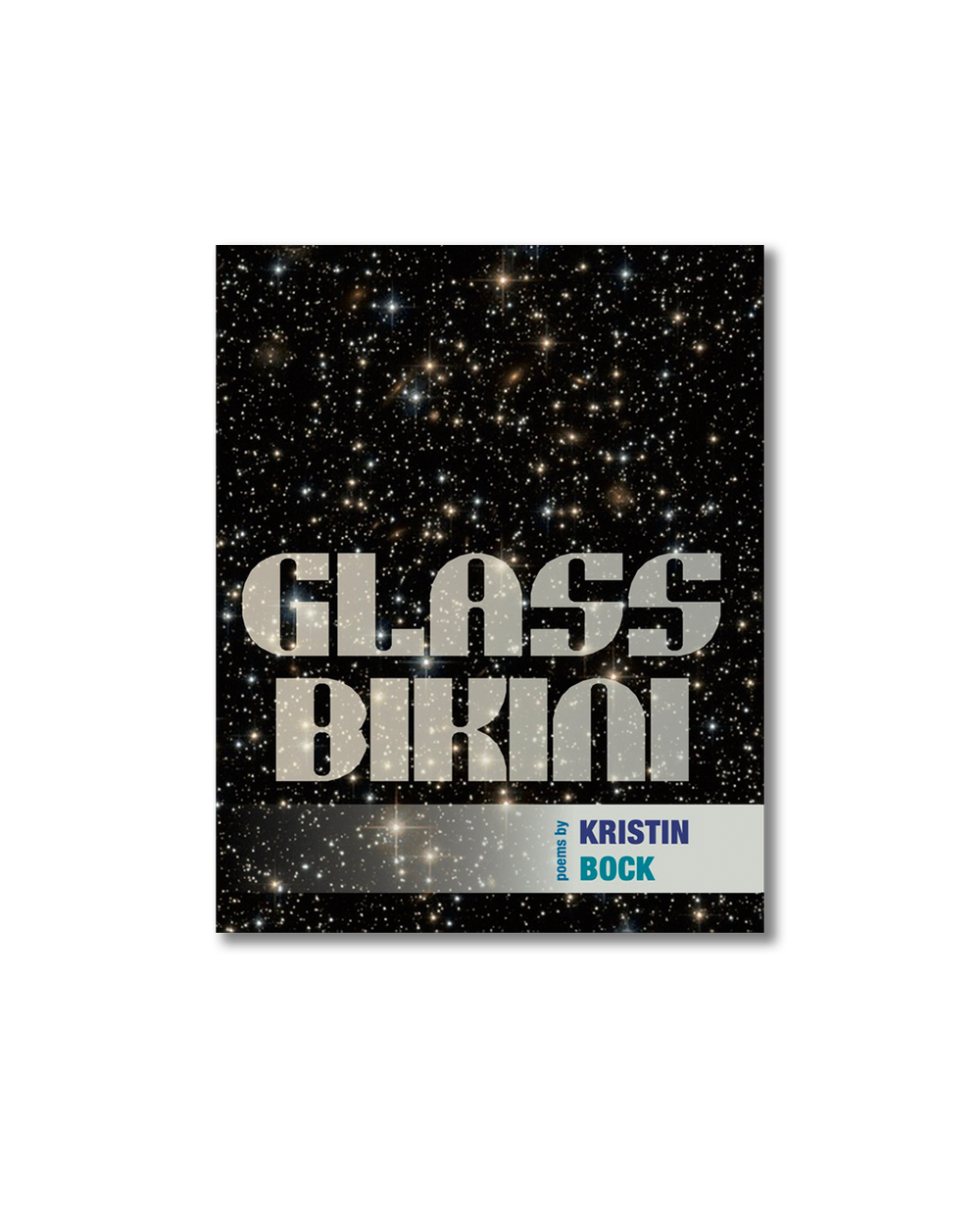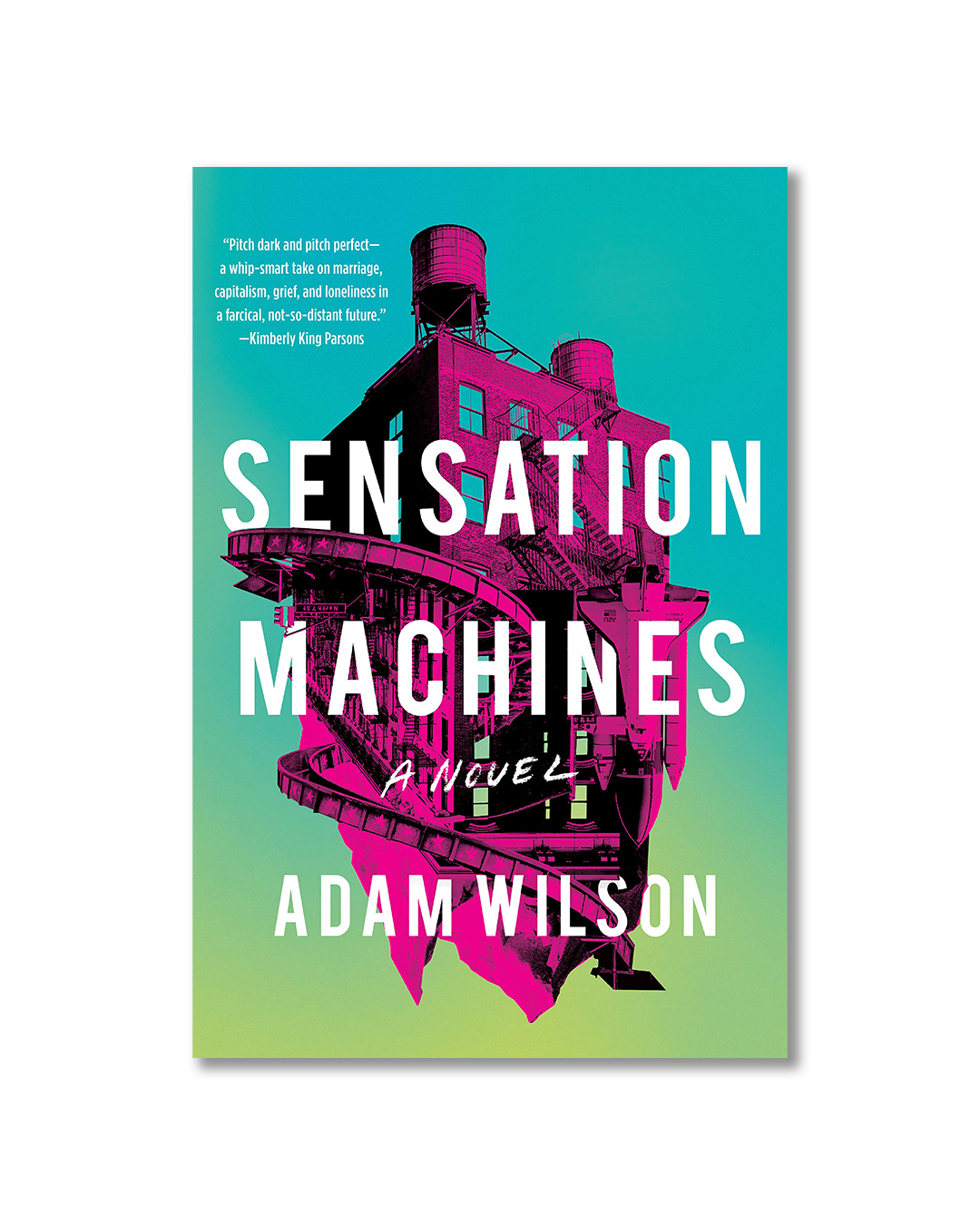Convergence and Departure: On Donatella Di Pietrantonio's "A Sister's Story"
There is perhaps no archetype of sisterly devotion as enduringly popular as Little Women’s March girls.
Little Bomb of Pleasure: On Conor Bracken's "The Enemy of My Enemy Is Me"
“A man can dwell inside a city,” writes Conor Bracken in “Shock & Awe,” “and leave untouched / but what man is there can dwell // within the chambers of another man / and stay himself?”
Lifting Our Skin Up, Looking for Patterns: A Correspondence with Angelo Maneage re: "THE IMPROPER USE OF PLATES"
On the cover of Angelo Maneage’s THE IMPROPER USE OF PLATES are five dark circles—appropriately, very plate-like—set against an off-white background for contrast.
The Moment You Open the Door: On Kathryn Davis' "Aurelia, Aurélia"
It should come as little surprise to fans of Kathryn Davis that at the beginning of her latest book, Aurelia, Aurélia, she expresses her fondness for both the television series Lost and the middle section of Virginia Woolf’s To The Lighthouse.
The Relentless Anaphora of the Everyday: On Kate Zambreno's "Drifts"
I first begin to write about Kate Zambreno’s Drifts in the midst of a New England blizzard, and it’s hard to imagine better weather for reflecting on the ars undulatis of a book so intensely interested in the fleeting, snowflake material of life: days upon days that pile up and melt away.
“Moving in Together” by Phoebe Glick
I am not what you want for. I am a shadow / Built to remind you of what you need.
Marxism and Emancipation: An Interview with Dr. Asad Haider
Asad Haider is Assistant Professor of Politics at York University, a founding editor of Viewpoint Magazine, and the author of Mistaken Identity: Race and Class in the Age of Trump (Verso Books, 2018; reprint: Mistaken Identity: Mass Movements and Racial Ideology, Verso Books, 2022).
Hillbilly LOL-egy: On Cody-Rose Clevidence’s “Aux Arc Trypt Ich”
Cody-Rose Clevidence’s Aux Arc Trypt Ich is a book of three books, a standout achievement in the poet’s relatively brief career of un-relatively prolific output—in addition to two chapbooks, the triptych is the author’s fourth full-length collection, and their third since 2018.
Frozen in Time: On Aisha Sabatini Sloan's "Borealis"
For climate archaeologists, collecting core samples from arctic ice offers a look back in time and a glimpse into an uncertain future.
Fiction of Our Climate: On Karl Ove Knausgaard's "The Morning Star"
Another contender for a literary novel that may offer an adequate appraisal of and response to our climate crisis is Karl Ove Knausgaard’s The Morning Star.
Longing for Embodied Expression: On Cookie Mueller's "Walking Through Clear Water in a Pool Painted Black"
Cookie Mueller was a writer and artist of many persuasions.
Wild and Cultivated: On Diane Wilson's "The Seed Keeper"
Diane Wilson’s The Seed Keeper is prefaced with the poem “The Seeds Speak,” told from the perspective of stored seeds.
from "And Yet"
Most patients aren’t in as dire straits as the narrator of “Car Crash While Hitchhiking,” no. But due to embarrassment or fear of being judged, lying to one’s doctor is prevalent.
On Dreaming, Fragment, and Intuition: A Conversation with Susan Briante
Susan Briante’s Defacing the Monument has won numerous awards since its publication by Noemi Press in August 2020.
StudyMe: Some Notes on D. Black’s Gripes with Cleveland’s Art World
Black artists have it bad in Cleveland.
The Ineffable, the Unspeakable, and the Inspirational: A Grammar
Neuroscientists tell us that what comes to the retina of the eye is only a part—and not even the largest part—of what we see.
Stratigraphy of Memory: On Christine Hume's "Saturation Project"
Christine Hume’s experimental autobiography Saturation Project is about the dissolving of its subject—or maybe, even, The Subject.
What We Are Too Frightened to See: On Kristin Bock's "Glass Bikini"
In Leviathan, Thomas Hobbes states that human life is “nasty, brutal, and short” because people, left to their own devices, are naturally vicious.
A Drone Flies in Brooklyn: On Adam Wilson's "Sensation Machines"
“There’s a long version and a short version of how I lost all my money,” says Michael Mixner, the male protagonist in Adam Wilson’s Sensation Machines, 44 pages into the author’s latest novel.




















